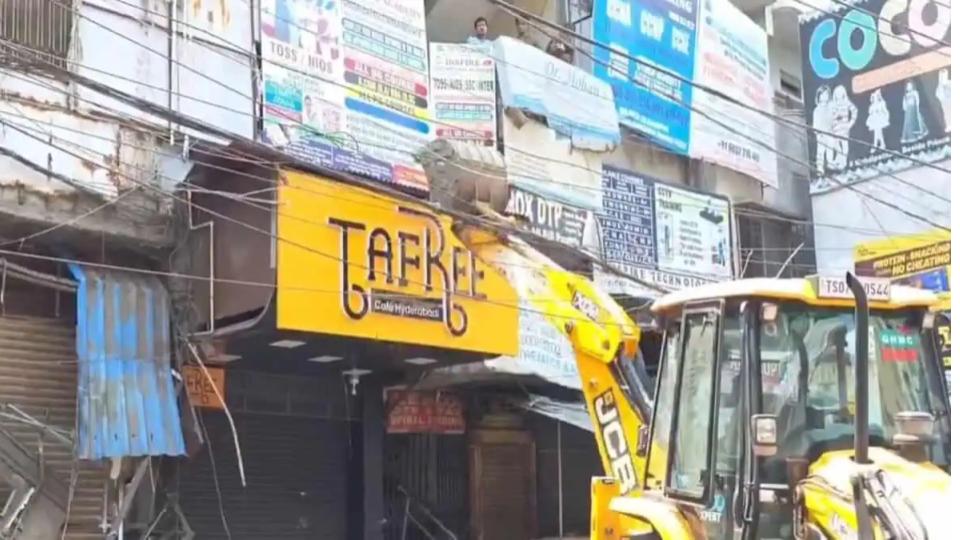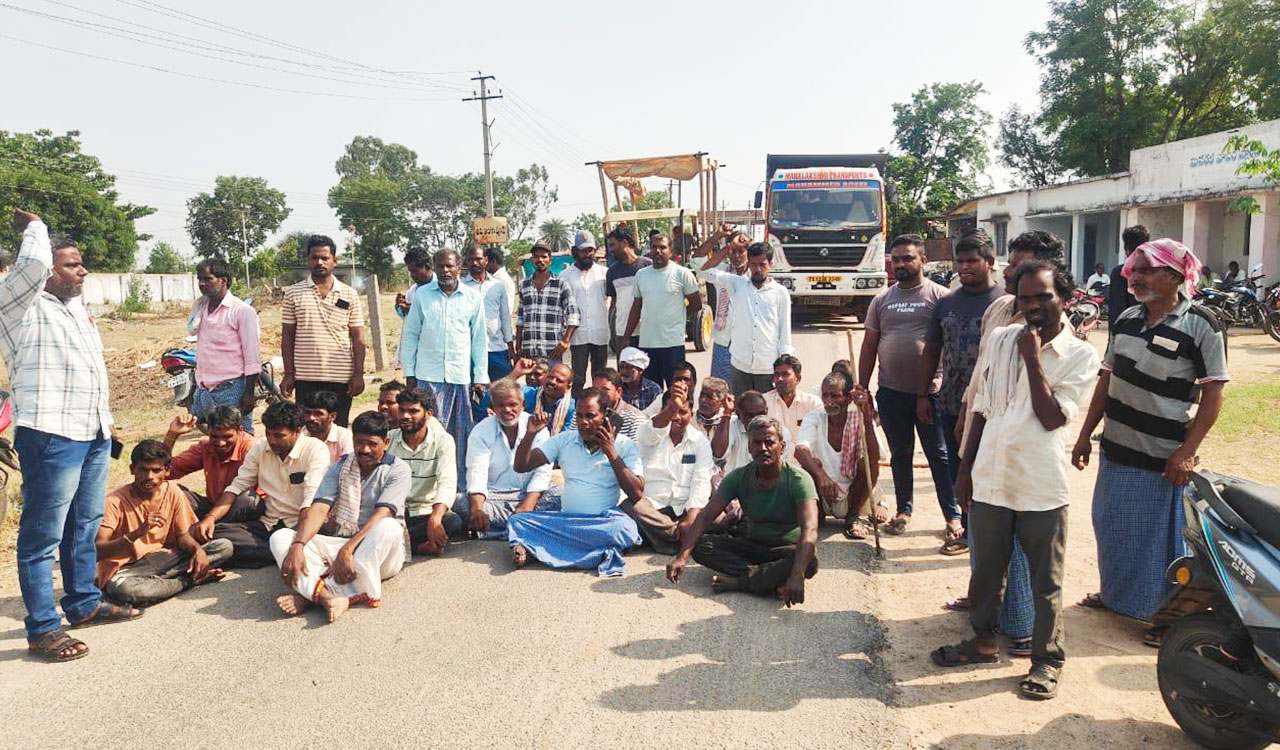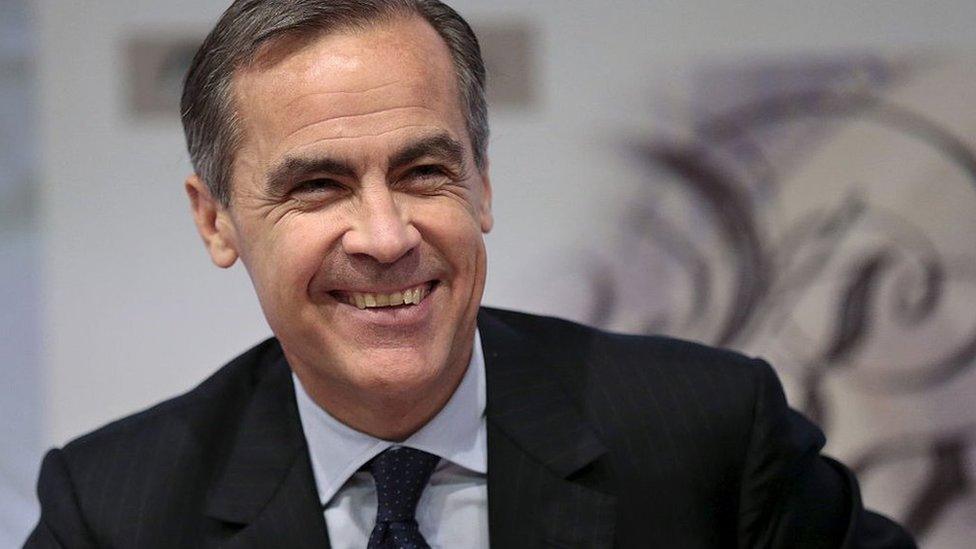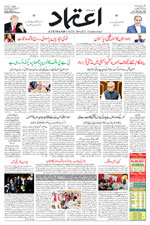Telugu Desam Party finally snaps ties with the Bharatiya Janata Party
Thu 08 Mar 2018, 16:41:26
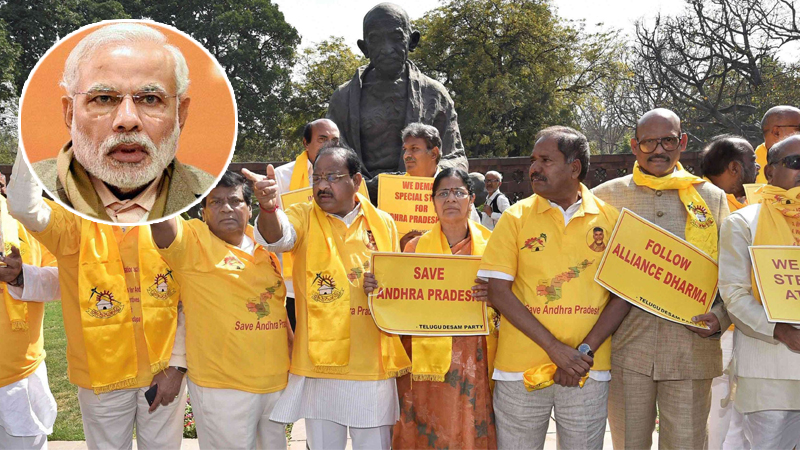
N. Chandrababu Naidu-led Telugu Desam Party (TDP) finally snaps ties with the Bharatiya Janata Party (BJP) and pulls out of the National Democratic Alliance (NDA) will be clear in the next few days. But as of now, Naidu’s decision to pull out of the Narendra Modi government, which he announced in a late evening press conference on March 7, has precipitated yet another crisis in governance and, more importantly, Centre-state relations.
Speculations that the TDP would leave the NDA had been rife since the morning of March 7, after a late night meeting of 125 TDP MLAs and 34 MLCs who reportedly unanimously advocated for the alliance to end. And then, when the Union finance minister Arun Jaitley addressed a press conference in Delhi the same evening on Andhra Pradesh’s demand for special category status, it was almost clear that something of this sort was going to happen.
Hours later, Naidu declared that due to the “unwillingness of the Centre” to understand Andhra Pradesh’s financial condition, two Central TDP ministers – Ashok Gajapathi Raju, cabinet minister for civil aviation, and Y.S. Chowdary, minister of state for science and technology and minister of state for earth sciences – will resign from Modi’s cabinet on Thursday morning.
According to government sources who requested anonymity, Modi’s reticence in giving in to the TDP’s demands precipitated this crisis.
In a meeting between Naidu and Modi on January 12, 2018, the former, who had been negotiating hard with senior government officials, handed over a detailed document to the prime minister and sought his direct intervention. The document, which The Wire has accessed, lists multi-layered problems of Andhra Pradesh and explains how it was financially pushed to the wall after the state’s bifurcation in 2014. The then Congress-led United Progressive Alliance (UPA) government had promised to grant special category status to the state,
but the Modi government has not moved on that front over the last four years.
but the Modi government has not moved on that front over the last four years.
Almost two months passed by but the TDP claims that the Modi government did not fulfil any of its demands, despite having got multiple interim assurances from Jaitley, home minister Rajnath Singh and BJP president Amit Shah.
Jaitley said at Wednesday’s press conference that the 14th Finance Commission has discontinued the practice of granting special category status to states, except those in the Northeast and four hilly states – Uttarakhand, Himachal Pradesh, Sikkim and Jammu and Kashmir – which have already been accorded special category status. He insisted that as part of the Union government, his job is also to meet the demands of other states and allocate funds from the Central pool accordingly. “Why not Bihar, why not Jharkhand?” he asked a reporter who questioned him on granting special category status to Andhra.
Jaitley added that since a special category state is supposed to receive 90% of the funds from the Centre for the implementation of centrally-sponsored schemes (as against 60% in other states), the Union government was willing to give that “30% advantage” to Andhra Pradesh in whichever way the state wanted – but without the special category tag. Regarding the demand for tax incentives to the state, the finance minister said that those have already been announced in his first three budgets. As far as the fulfilment of AP’s revenue deficit is concerned, Jaitley said that most of it has been paid over the last four years and he has agreed to disburse the remaining Rs 1,600 crore soon.
He added that approximately Rs 2,500 crore and Rs 5,000 crore have already been paid to the state for two contentious issues – development of the new capital and rehabilitation and resettlement around the Polavaram dam respectively – and hopes that the funds are being properly utilised by the state government.
No Comments For This Post, Be first to write a Comment.
Most viewed from National
Most viewed from World
AIMIM News
Latest Urdu News
Most Viewed
May 26, 2020
Which Cricket team will win the IPL 2025 trophy?
Latest Videos View All
Like Us
Home
About Us
Advertise With Us
All Polls
Epaper Archives
Privacy Policy
Contact Us
Download Etemaad App
© 2025 Etemaad Daily News, All Rights Reserved.

.jpg)
.jpg)
.jpg)
.jpg)
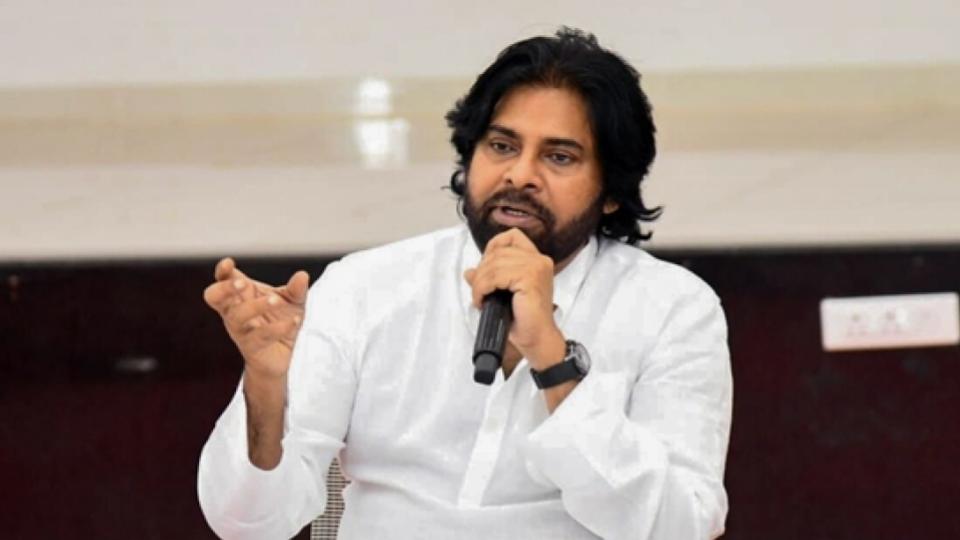
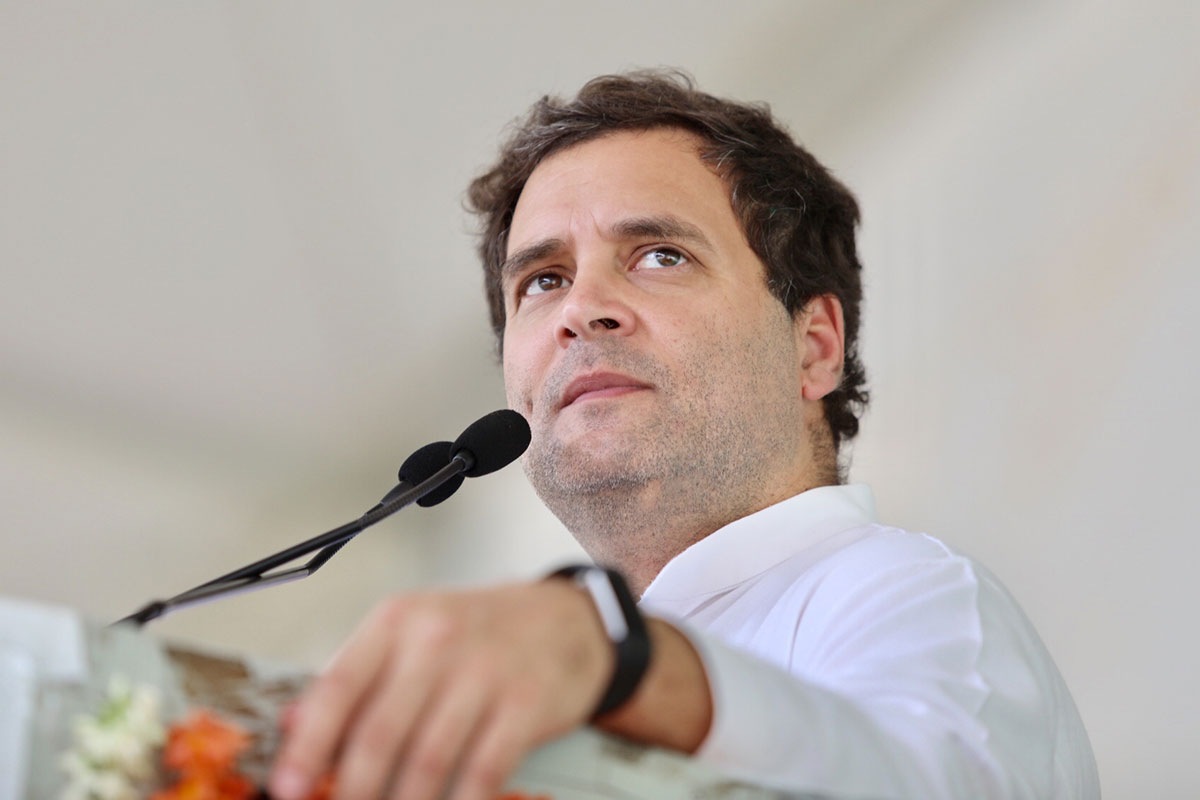
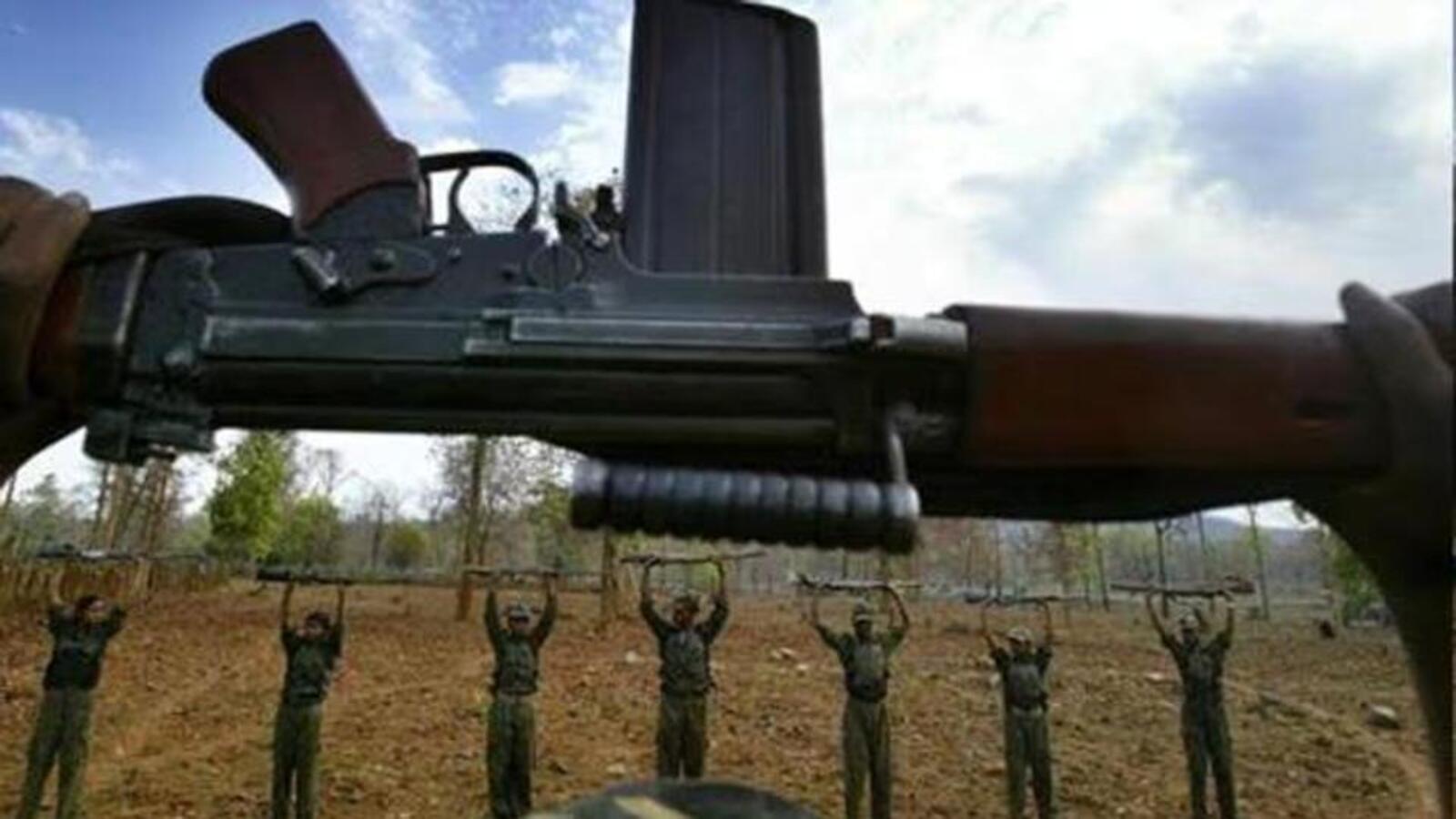
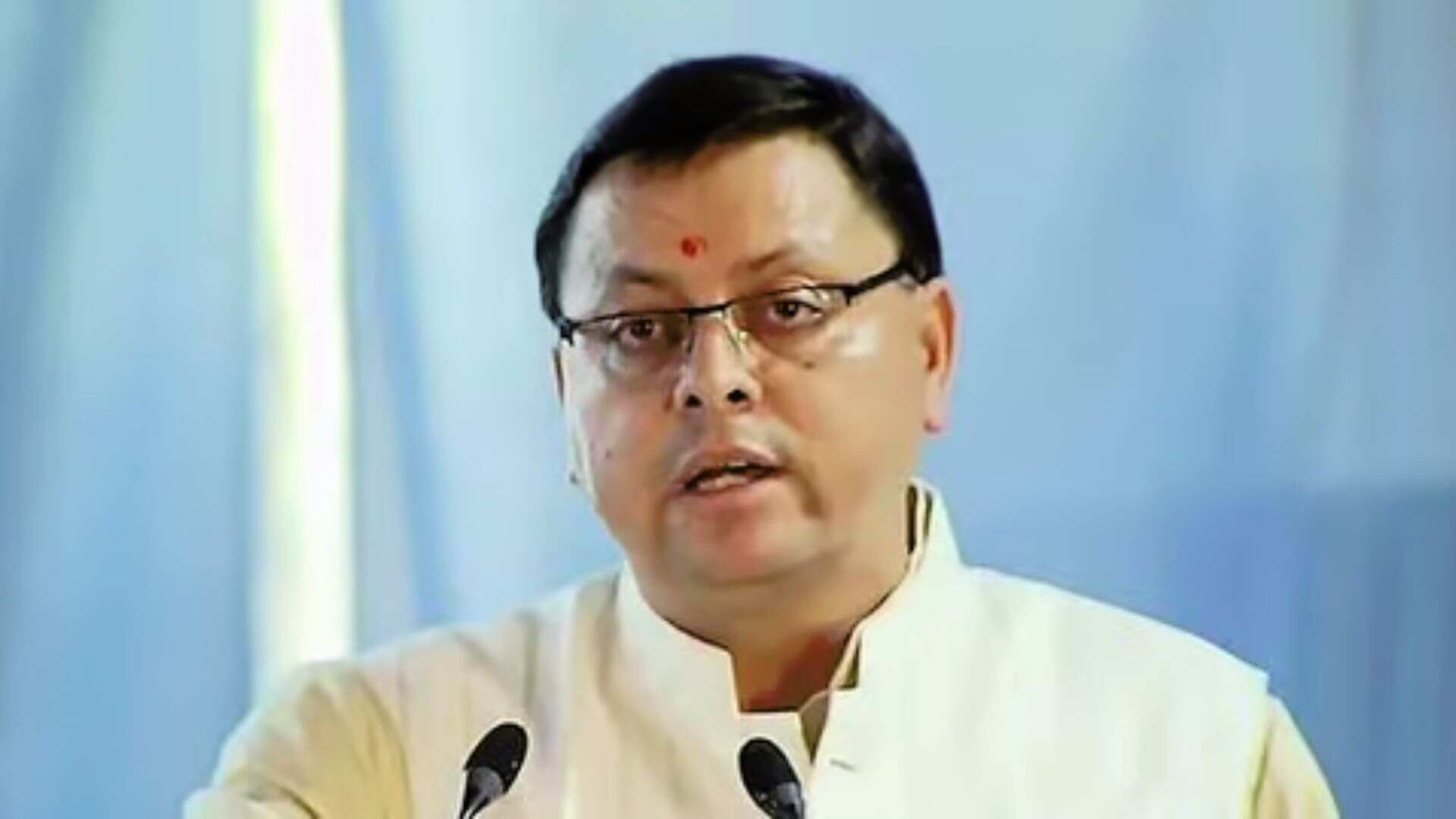
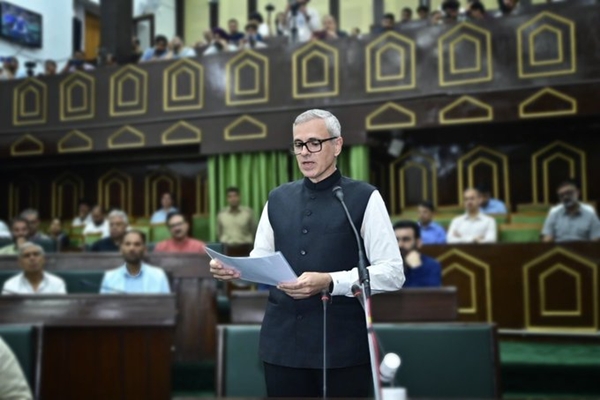
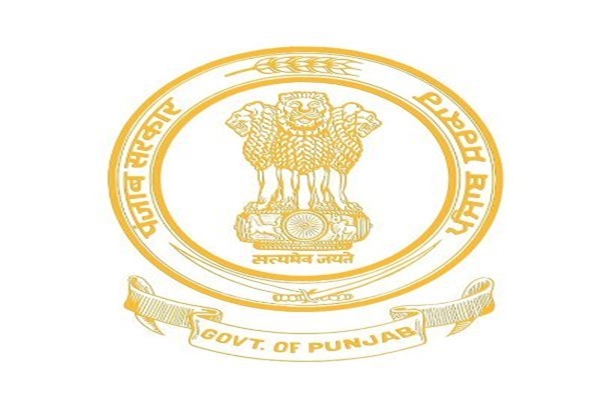
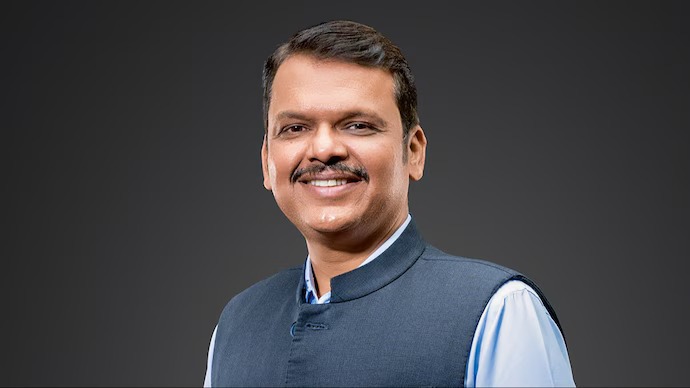
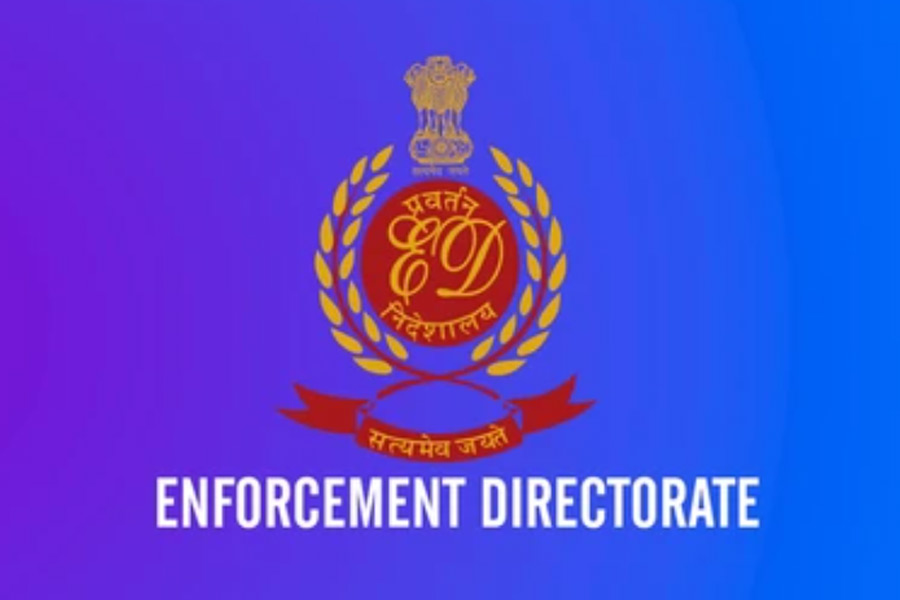
.jpg)
.jpg)
.jpg)
.jpg)
.jpg)
.jpg)
